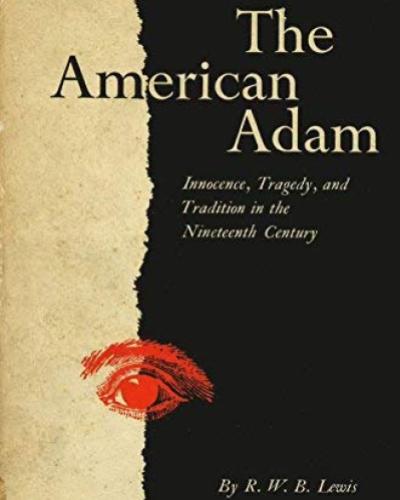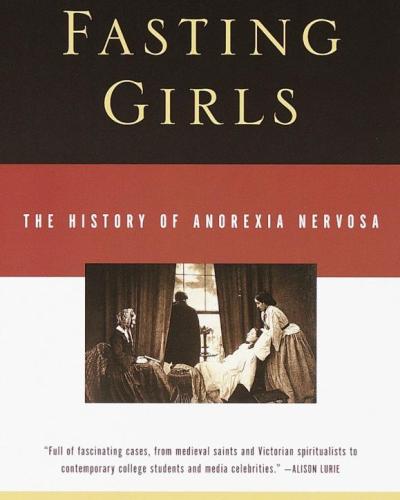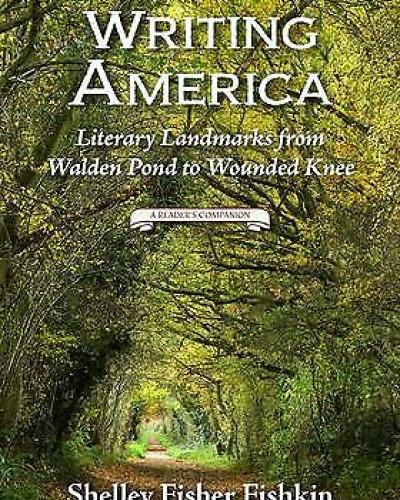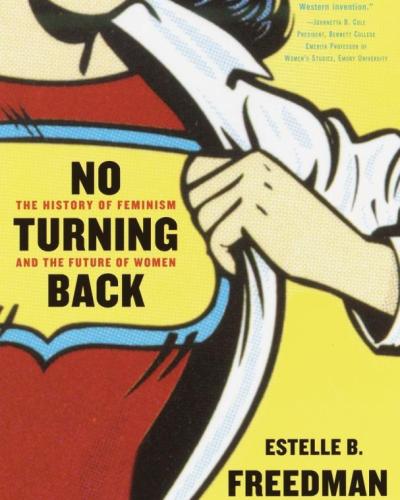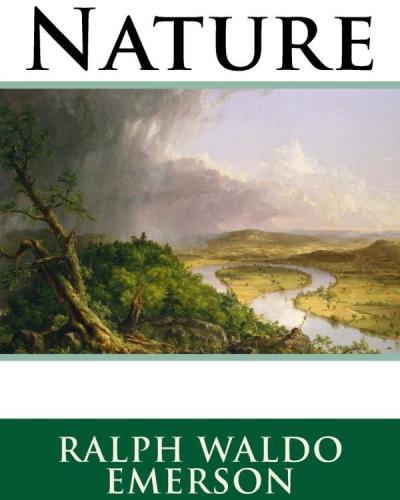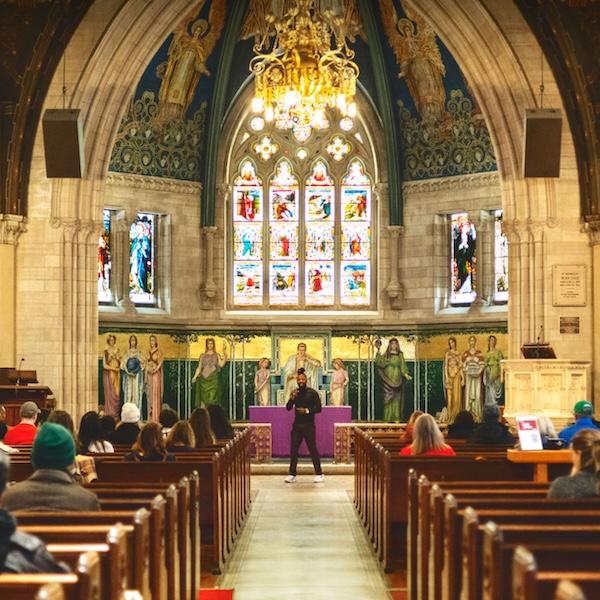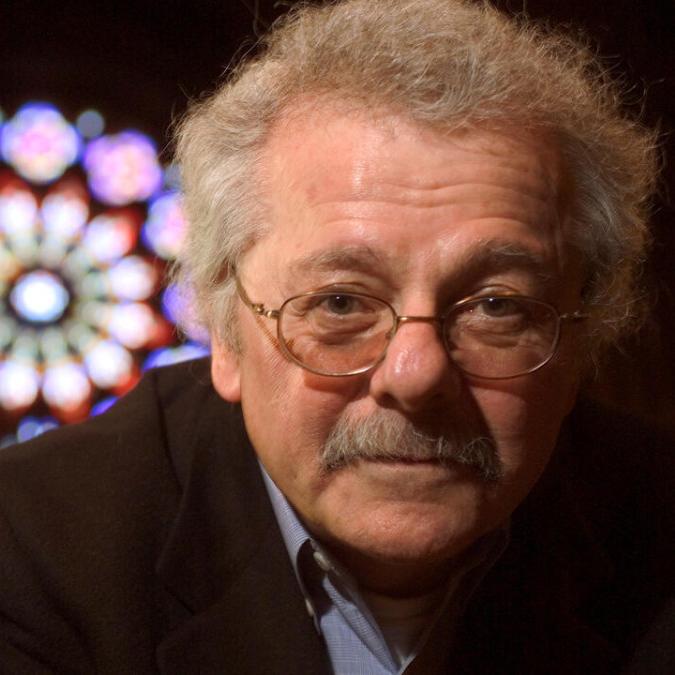What kind of content can you find an American Studies lecturer reading? We asked Adrienne Bitar, Lecturer for Introduction to American Studies, to share a few comments about her favorite books at the moment. Here's what she had to say!
American Adam introduced me to how to think past the details of any particular narrative – the characters, the setting – and to see the broad strokes of plot that recur across American literature, art, and public debate. Lewis divined how one such plot – that of the American Adam – animated American thought and literature across the 19th century, leading me to discover its wake in 21st century advice books.
-
Joan Jacobs Brumberg, Fasting Girls: The History of Anorexia Nervosa
Brumberg’s landmark book historicized something that might, at first glance, seem uniquely modern: the diagnosis of anorexia nervosa. Brumberg puts the long tradition of female food refusal in religious and cultural contexts, revealing how the many meanings of this practice have changed over time.
-
Shelley Fisher Fishkin, Writing America: Literary Landmarks from Walden Pond to Wounded Knee
We often think of literature as immaterial and ungrounded, living only in the world of ideas, yet Shelley Fisher Fishkin masterfully shows how American literature has shaped and been shaped by the American landscape. By taking her readers on a tour of literary landmarks, she examines how place has been fundamental in inspiring American authors and the stories that continue to shape our literary imagination.
-
Estelle Freedman, No Turning Back: The History of Feminism and the Future of Women
In one book, Estelle Freedman offers a comprehensive account of the many ways that the feminist movement has changed American history. From colonial property laws to women’s entrance into the paid labor force to the civil rights movement, Freedman commands the material to draw connections across periods and fields.
-
Ralph Waldo Emerson, Nature
Every time I revisit Nature, I find something new. Emerson is rightfully called the father of American transcendentalism and, even though Nature was published nearly 200 years ago, it still offers fresh insight into the many promises of American culture: the dream of starting anew, the desire for unmediated experience, a faith in a divine landscape, and the unrelenting hope for a better future.

